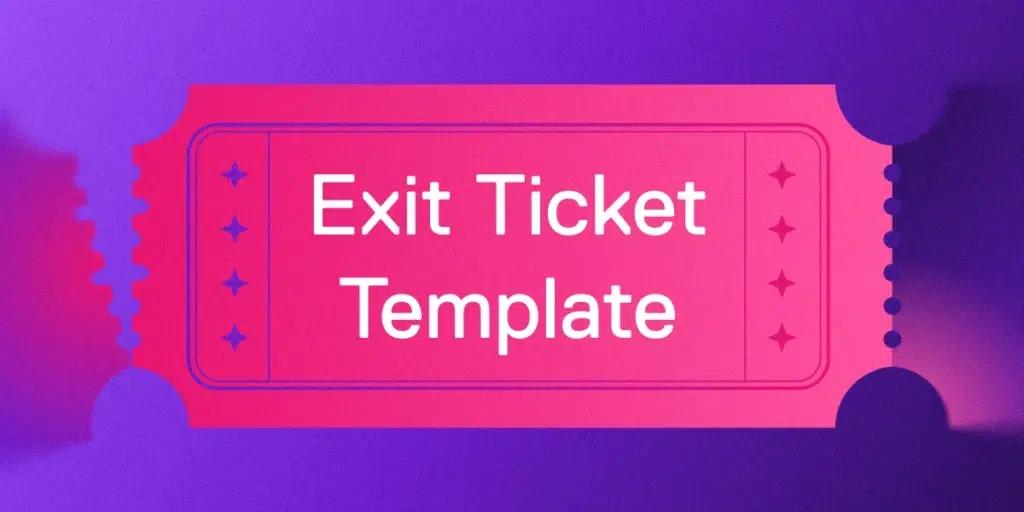While trying to stress the importance of a cover letter to one class all semester long, a popular local business owner only had to mention that she deletes all applications without cover letters on receipt that my class finally understood. This is the power of the guest speaker.
There are only so many weeks that my students can listen to me until I feel like they need to hear another perspective on the course material. Guest speakers have helped my student understand the course outcomes in a more pragmatic way – from actual industry professionals. I try to use at least one speaker in each class and to best capitalize on the experience, I typically involve the students in the process of selecting, securing and engaging with a speaker throughout the term.
The First Day of Class
I introduce my intention to welcome a guest speaker to our classroom on the first day of class by inviting students to become part of the process. I ask the entire class for their ideas for a dream “local and relevant” guest speaker as a part of their diagnostic writing sample. While I still get requests for Michelle Obama or Elon Musk every term, many students have put forward excellent suggestions that have resulted in terrific guest speaker experiences.
Finding Local and Relevant Guest Speakers
With no budget for guest speakers – except for a bit of college swag – it is amazing how many professionals are willing to make time for students. Typically, I’ll reach out to several realistic potential speakers via email letting them know they’ve been requested by a student. If this method isn’t successful, I’ll tap into my own network using LinkedIn, which is an excellent tool for this exercise. This part of the process is also shared with the students so they too can understand the value of a platform like LinkedIn or a targeted outreach via email for their own future networking.
Format of the Visit
Once I’ve secured a speaker, their first question is inevitably, what would you like me to talk about? I share the course outcomes as well as the syllabus with the speaker but leave the content and format of the presentation up to their discretion. Some speakers prefer more formal presentation with a slide deck which I’ll post on my course site before or after the presentation. Other speakers prefer a more casual fireside chat approach. Typically, I’ll set aside an hour for guests with the flexibility for a longer presentation if talk is going well and the speaker has the time to continue.
Subscribe to Top Hat’s weekly blog recap
Get the best posts of the week delivered to your inbox:
[marketo-form id=”2454″]
Before the Guest Speaker
I instruct my class to treat the visit with the guest speaker like an informational interview. Leading up to the event, I’ll share any videos or articles written by or about the speaker on my course site. The week before the speaker, I’ll set aside class time for groups of students to research and prepare questions for the speaker. As a class, we will go through the proposed questions on the Smartboard to compile a list I will send to speaker that day. I also briefly review appropriate classroom etiquette and ask for a student volunteer to thank the speaker at the end of their talk.
Hosting the Guest Speaker
On the day of the visit, students are expected to arrive a few minutes early so the speaker isn’t distracted by late arrivals. I have students sit in preassigned groups ready to ask their questions for the question and answer portion of the presentation. While I usually encourage tech in the classroom, when we have a guest in the classroom students are asked to put away all tech to fully engage with the speaker. When the talk has come to an end, my student volunteer is ready to present the speaker with some college swag and thank them on behalf of the class.
Discussion and Follow Up
Immediately after the speaker has left, we have a class discussion about the experience. Then using survey software, I’ll quickly collect individual student feedback before the end of class. I’ll follow up directly with the speaker that evening to thank them and to share student comments.
There are so many benefits to hosting a guest in your classroom, especially when students are involved in the process from day one. Perspective taking, community building and network enhancing are just a few of the many positive outcomes I’ve seen in my own classroom. Most importantly, allowing another voice to reinforce your course material brings a new energy to the classroom that will be appreciated by both student and professor.


